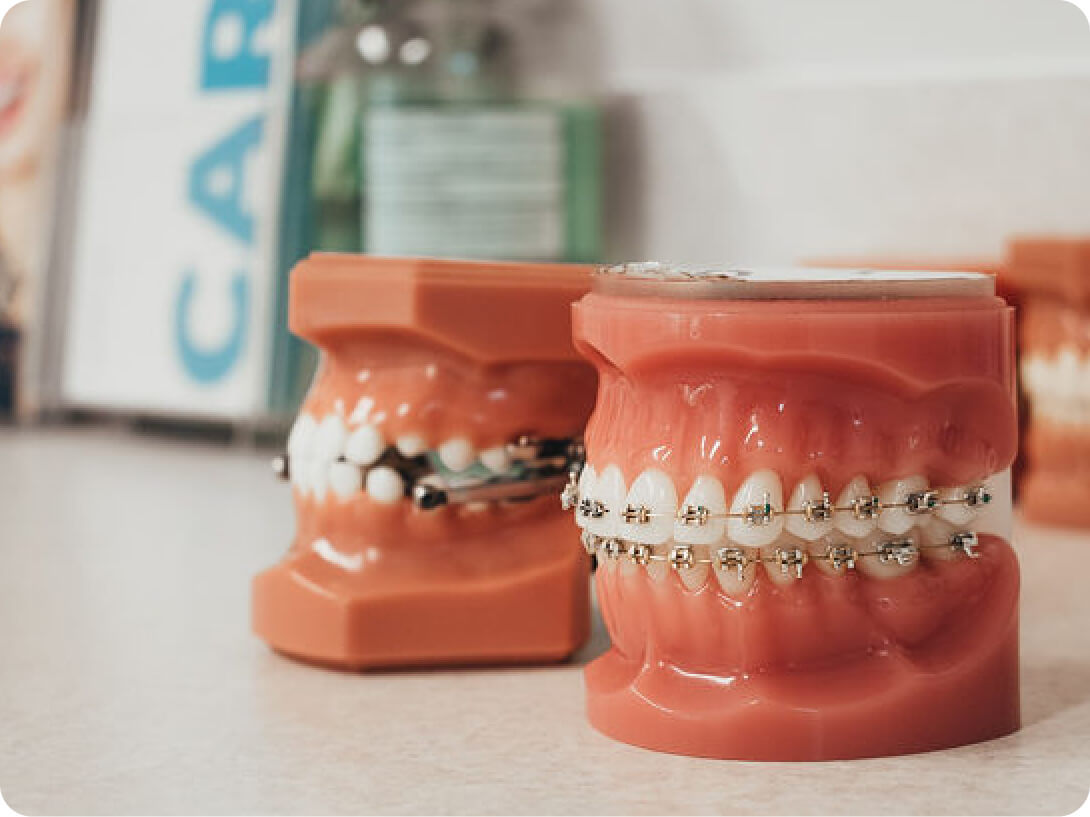If you’re considering braces, one of the questions you might have is, “How long will my teeth feel loose with braces?” Understanding this sensation can help alleviate any concerns you may have.
It is entirely normal for your teeth to feel loose when braces are first applied. This sensation occurs because braces work by gradually shifting your teeth into their desired positions. Typically, the feeling of looseness lasts for a few days to a week initially.
Managing the discomfort of loose teeth during braces treatment is crucial. In the following sections, we will delve into the timeline of loose teeth and offer useful tips to minimize any discomfort you may experience.
Understanding the Sensation of Loose Teeth
When braces are first placed, orthodontic wires apply gentle pressure to the teeth to shift them into their new positions. As a result, your teeth may feel loose. This sensation is entirely normal and indicates that the braces are doing their job.
The duration of this looseness can vary. Typically, the initial feeling subsides within a few days or weeks as the teeth adjust. However, the sensation may recur after adjustments or activations of the braces, as the wires are tightened or changed to encourage further tooth movement.
Several factors can influence how long your teeth feel loose, including the complexity of your case, the type of braces, and adherence to your orthodontist’s instructions. Generally, more severe orthodontic issues may result in a longer duration of looseness. Maintaining good oral hygiene, avoiding hard or sticky foods, and attending regular orthodontic appointments can help minimize the sensation.
At Coastline Orthodontics, our experienced orthodontists will guide you through your treatment and address any concerns you may have about the sensation of loose teeth. We are here to support and reassure you throughout the process.
Timeline of Loose Teeth During Braces Treatment
Experiencing loose teeth is a natural part of the tooth movement process during braces treatment. The duration of this feeling can vary based on several factors.
Typically, teeth feel loose for about 1 to 2 weeks after each adjustment. Adjustments are usually scheduled every 6 to 8 weeks, so you may experience this sensation multiple times throughout your treatment.
Braces treatment involves different stages, each affecting tooth movement differently. In the initial stage, braces apply gentle pressure to guide the teeth into their new positions, causing the most noticeable sensation of looseness.
As treatment progresses, teeth become more stable in their new positions. However, some level of mobility may still be present even during the later stages.
Factors such as the complexity of your orthodontic case, your age, oral hygiene habits, and individual response to treatment can influence how long your teeth feel loose.
To ensure successful braces treatment, follow your orthodontist’s instructions, attend regular adjustments, and maintain good oral hygiene. This will help minimize the duration of the sensation of loose teeth and achieve the desired results efficiently.
Tips for Managing Loose Teeth Discomfort
If your teeth feel loose with braces, it’s a common sensation. While it can be uncomfortable, it is a normal part of the orthodontic process. Here are some tips to manage any discomfort:
- Home remedies: Rinsing your mouth with warm saltwater can reduce inflammation and provide temporary relief. Applying a cold compress to your cheeks can also help numb the area and reduce swelling or pain.
- Follow your orthodontist’s instructions: Avoid hard or sticky foods that could damage your braces and prolong discomfort. Maintain good oral hygiene by brushing and flossing regularly to prevent further discomfort or complications.
- When to contact your orthodontist: While some looseness is normal, severe pain, excessive bleeding, or unusual changes in your teeth or gums warrant immediate contact with your orthodontist. They will assess the situation and provide appropriate guidance or treatment.
